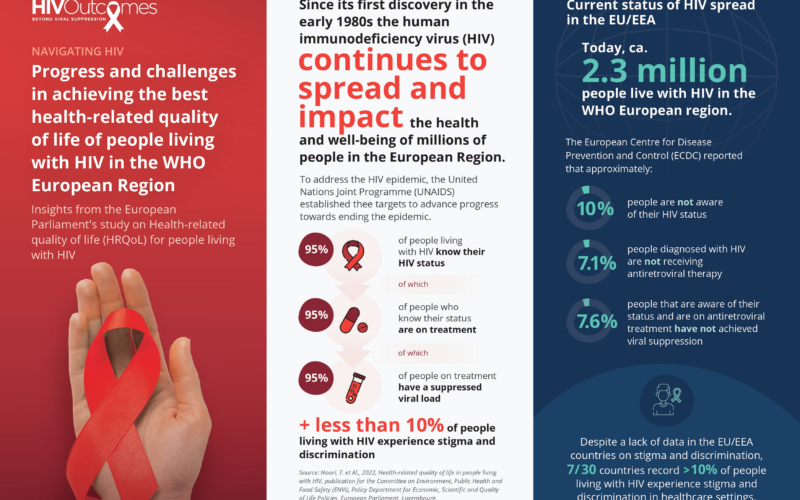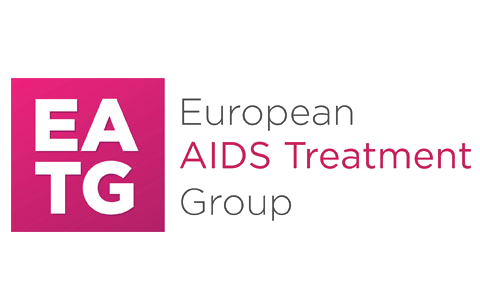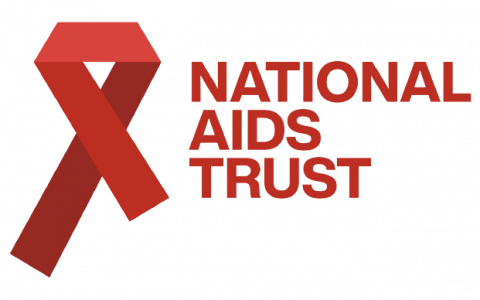
Tackling HIV stigma in Europe
People living with HIV face discrimination in society and in healthcare systems – following Zero Discrimination Day (1 March), HIV Outcomes draws policy makers’ attention to the concrete actions that they can take to fight stigma and improve quality of life.
HIV-related stigma is as old as public awareness of the virus: people living with HIV face workplace discrimination, social stigma and challenges accessing services. This has a negative impact on wellbeing and self-esteem, as well sexual and social relationships.
While progress on the UNAIDS 90-90-90 goals is welcome, addressing quality of life issues is coming into sharper focus. That is why one of the five HIV Outcomes Recommendations is designed to tackle stigma and discrimination within health systems. This has carried through to the Call to Action to European policymakers (November 2019). It calls on leaders to move beyond the 90-90-90 targets and take measures to reduce stigma and discrimination to zero.
It was heartening to see this reflected in a joint statement released during the HIV Outcomes event in the European Parliament where MEPs from across the political spectrum set out a clear vision for the future: ‘Europe must ensure that people living with HIV have good health-related quality of life and that stigma and discrimination are eliminated.’
National challenges
By prioritising the fight against stigma, the HIV Outcomes initiative is aiming to drive policy and clinical change to tackle discrimination at the national level.
The most recent HIV Outcomes report looked at Germany and Romania, finding evidence of stigma and discrimination in both. According to the report, stigma remains a challenge in German society and in the health system and concrete measures are required to supplement the government’s pledge to address discrimination as part of its 2030 strategy. In Romania, the legacy of negative media campaigns of the past continues to influence public opinion.
Evidence-based action
The publication of the Lancet Series on HIV Outcomes Beyond Viral Suppression may guide countries as they search for concrete measures to improve quality of life for people living with HIV. A review of stigma reduction initiatives (Andersson et al. 2019) offers several examples that can inspire new policies. However, the review also highlights the need for further testing of evidence-backed interventions.
Nonetheless, there are policy measures that several countries are using to end discrimination and stigma. These include anti-discrimination legislation and public communication campaigns. Training and educating healthcare professionals also remain vital to address discrimination in healthcare settings and to mobilise experts to combat underlying social attitudes that give rise to stigma.
While outdated attitudes to HIV persist in society, the good news is that beliefs and attitudes can change. It is up to policy makers – and the wider HIV community – to play their part in addressing this crucial quality of life issue.
“Europe must ensure that people living with HIV have good health-related quality of life and that stigma and discrimination are eliminated.”
PETRA DE SUTTER MEP
|
|||||
|
More updates All












